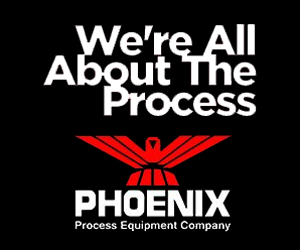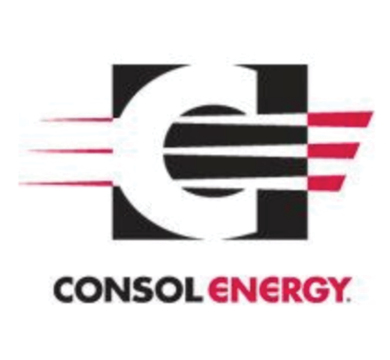West Virginia Coal Association’s President Asks Legislators for Reduction in Severance Tax
West Virginia Coal Association President Bill Raney asked legislators Monday to enact a 3 percent reduction in the state’s severance tax, arguing that the reportedly rebounding coal industry is still “fragile.”
“The five percent to two percent (severance tax reduction) is something we’ve got to have in order to grow, or we will continue to lose ground,” Raney told legislators during a Joint Energy and Finance Committee hearing.
The state severance tax is 5 percent of the gross value of coal produced. Raney said if the tax rate is reduced, it would encourage new investment and replacement of aging mining equipment in operation across the state. Raney also asked lawmakers to create a new incentive for investment he called an economic opportunity tax credit.
“We need a tax exemption to re-tool investment,” Raney told legislators. “We are starving for new equipment. It’s been about 30 years, so we need something to incentivize the companies that are mining here to invest here, as opposed to investing in other states that mine coal.
“We think it would generate more business on our side.”
The joint committee, meeting in the House chambers, also heard presentations from West Virginia Oil and Natural Gas Association Executive Director Anne Blankenship and West Virginia Independent Oil and Gas Association attorney Phil Reale.
Blankenship and Reale warned lawmakers against enacting any severance increase on the natural gas industry.
“That is our biggest concern,” Blankenship said following her presentation to lawmakers Monday afternoon.
“We hear there is not a lot of support for an increase to the severance tax. We’re hopeful that we won’t even see that come up,” she said.
Blankenship compared the severance tax on natural gas in West Virginia with similar taxes in both Ohio and Pennsylvania. Ohio’s severance tax, according to Blankenship, is approximately 1.25 percent, while Pennsylvania uses an impact fee, or a fee levied on natural gas operators.
She spoke to lawmakers at length about the economic impact of the natural gas industry in terms of jobs and production.
“What does an increase in production mean to West Virginia?” Blankenship asked. “It means a lot of jobs. Right now we’re looking at about 70,000 jobs.”
The Joint Committee on Energy’s vice chair, Sen. Dave Sypolt, R-Preston, also expressed concern about any potential severance tax increase on the natural gas industry.
He said following the two-hour presentation that he would support a rebate for use of West Virginia natural gas in West Virginia.
“The industry, of course, would like to see a relief in the severance tax,” Sypolt said. “You pay the 5 percent upfront, but if it’s consumed in West Virginia, either commercially, industrially or individually, then you can get a rebate back on that.”
Immediately following the joint committee hearing, across town at the University of Charleston, the energy advocacy group Consumer Energy Alliance released a report claiming West Virginians saved more than $4 billion between 2006 and 2016 because of increased energy production in the state.
The report, with calculations developed by Orion Strategies, also examines how the shale revolution in the Marcellus and Utica regions has helped energy consumers in the Mountain State increase disposable income, job growth and economic investment, as well as revitalize communities.
“This report highlights how West Virginia’s families and energy users benefit from the production of West Virginia’s natural resources and the ability to transport that energy through pipeline infrastructure, all of which provides millions of dollars annually to fund our schools, hospitals, roads and communities,” Chris Ventura, Consumer Energy Alliance’s Midwest regional executive director said at the announcement.
“The mining and production of traditional energy resources, like natural gas, have supported communities throughout the state for generations and have been integral in bringing affordable energy to the rest of the country for years. We are pleased to see how lower fuel prices have helped West Virginians save more than $4 billion in the past decade,” Ventura said.
He was joined by West Virginia Manufacturers Association President Rebecca McPhail and Vision Shared President and CEO Cory Dennison.
“We were really pleased to see these numbers,” McPhail said of the report, titled “Powering West Virginia.” “There is a lot of potential for even more natural gas-related growth.”
Source: WV News
Be in-the-know when you’re on-the-go!
FREE eNews delivery service to your email twice-weekly. With a focus on lead-driven news, our news service will help you develop new business contacts on an on-going basis.
CLICK HERE to register your email address.





















